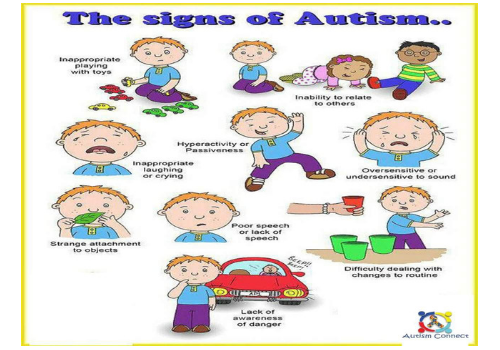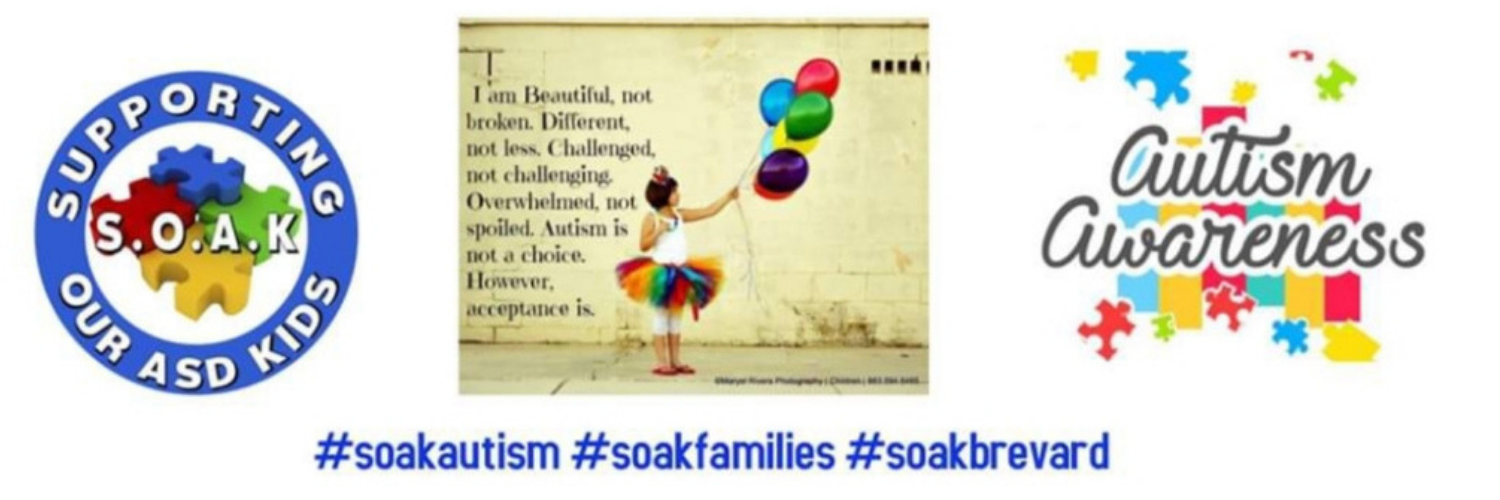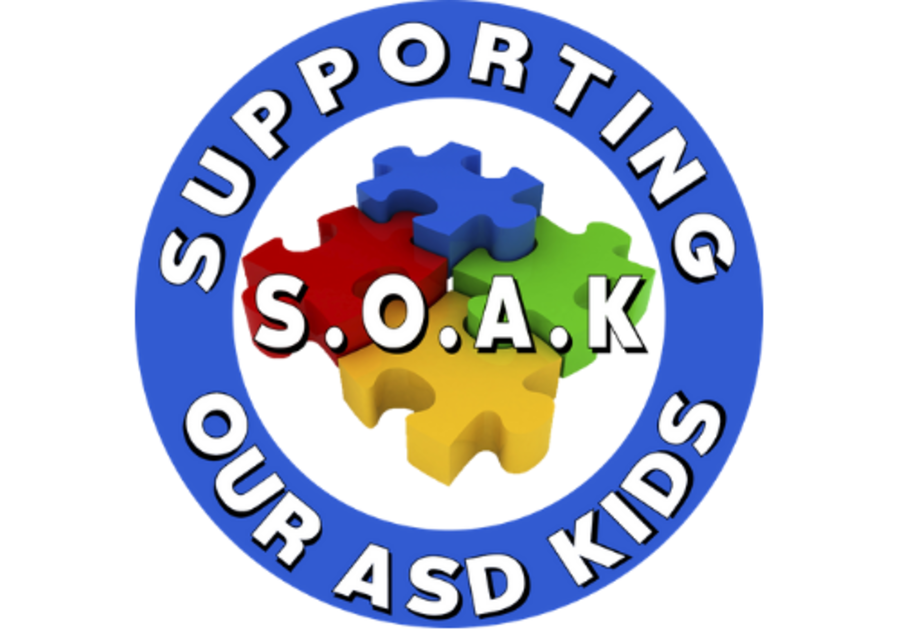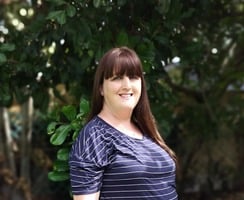April is Autism Awareness month. However, for many families and individuals diagnosed with Autism Spectrum Disorders we would like others to embrace neurodiversity every day!
What is Autism Spectrum Disorder?
Autism is a neurological variation that occurs in about one percent of the population and is classified as a developmental disability. It is not a new condition and exists in all parts of the world, in both children and adults of all ages. It is lifelong. It is part of a person’s identity, and it defines the ways in which an individual experiences and understands the world around him or her.
1. Different sensory experiences. For example, heightened sensitivity to light, difficulty interpreting internal physical sensations, hearing loud sounds as soft and soft sounds as loud, or synesthesia.
2. Non-standard ways of learning and approaching problem solving. For example, learning “difficult” tasks (e.g. calculus) before “simple” tasks (e.g. addition), difficulty with “executive functions,” or being simultaneously gifted at tasks requiring fluid intelligence and intellectually disabled at tasks requiring verbal skills.
3. Deeply focused thinking and passionate interests in specific subjects. “Narrow but deep,” these “special interests” could be anything from mathematics to ballet, from doorknobs to physics, and from politics to bits of shiny paper.
4. Atypical, sometimes repetitive, movement. This includes “stereotyped” and “self-stimulatory” behavior such as rocking or flapping, and also the difficulties with motor skills and motor planning associated with apraxia or dyspraxia.
5. Need for consistency, routine, and order. For example, holidays may be experienced more with anxiety than pleasure, as they mean time off from school and the disruption of the usual order of things. People on the autistic spectrum may take great pleasure in organizing and arranging items.
6. Difficulties in understanding and expressing language as used in typical communication, both verbal and non-verbal. It’s often because a young child does not seem to be developing language that a parent first seeks to have a child evaluated, howevermany may have an extensive vocabulary. As adults, people with an autism spectrum diagnosis often continue to struggle to use language to explain their emotions and internal state, and to articulate concepts (which is not to say they do not experience and understand these).
7. Difficulties in understanding and expressing typical social interaction. For example, preferring parallel interaction, having delayed responses to social stimulus, or behaving in an “inappropriate” manner to the norms of a given social context (for example,not saying “hi” immediately after another person says “hi”).
 |
Indicators of autism usually appear by age 2 or 3. Some associated development delays can appear even earlier, and often, it can be diagnosed as early as 18 months.
We know that there is not a “one-size-fits-all autism.” Because autism is a spectrum disorder, each autistic person has a distinct set of strengths and challenges. The ways in which autistic people learn, think and problem-solve can range from highly skilled to severely challenged. Some people diagnosed with ASD may require significant support in their daily lives, while others may need less support.
Children are inquisitive. So many times I hear parents shush their children when they ask questions in public. When my son speaks to others about his experiences as an autistic person (as he prefers to be known as), he tries to focus on the fact that while we may do things a little differently, we also have many similarities. Education is a powerful tool to combat bullying, when we know more about a person, when we can see them as human beings with feelings, we are less likely to judge them unfairly. Please ask questions!
At the end of the day, we ALL would like to be loved and accepted for who we are. Different is never less.

Supporting Our ASD Kids Inc. (S.O.A.K.) is an organization whose purpose is to help those diagnosed with Autism Spectrum Disorders/related disorders and their families. S.O.A.K. began as a grass roots support group in September 2011 and in September 2015, we became a non-profit organization and obtained the 501c3 status with the IRS.
S.O.A.K provides resources and direct support to enable families/individuals to connect and assist each other through social support programs. We also further the education of families, professionals and members of the community to embrace the Autistic population. Our organization is comprised of volunteers, so we rely heavily on the community support to continue our work.
We would like to UNITE individuals, families, friends and professionals to become a TEAM in the community. If you would like to volunteer, support our cause; or learn more about our mission and goals please contact us.
Our office is located at 3270 Suntree Blvd., Suite 128, Melbourne, Florida 32940 and open Mondays from 8:30am until 2:30pm, or by appointment. We also have a meeting room!
Call: (321) 626-8742 or (321) 634-4464
Email: soakfamilies@gmail.com



